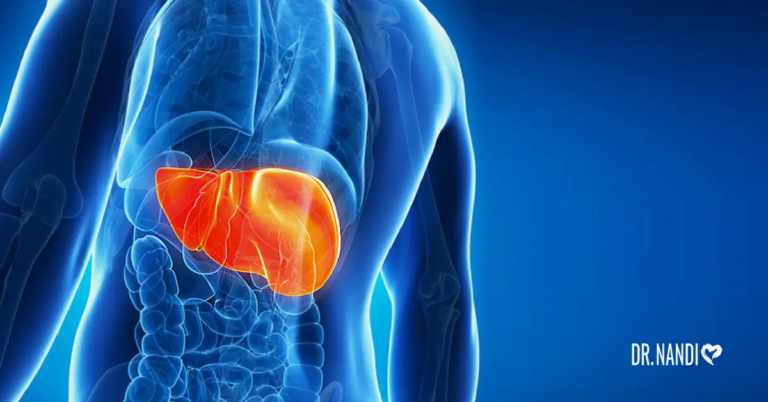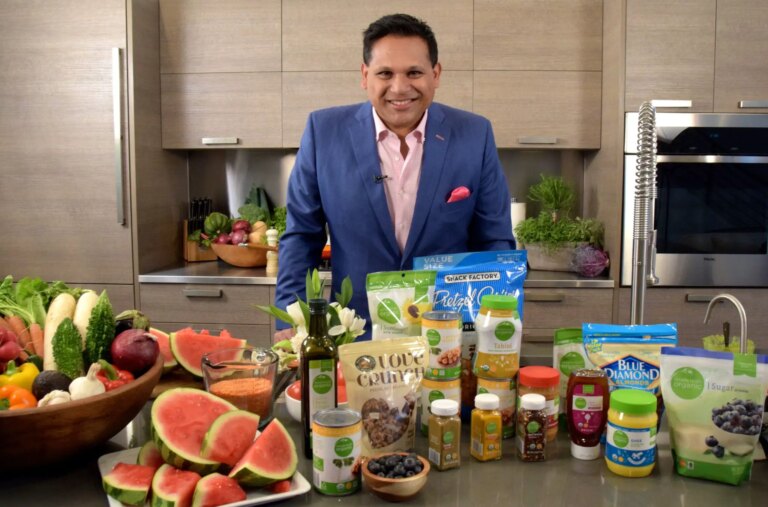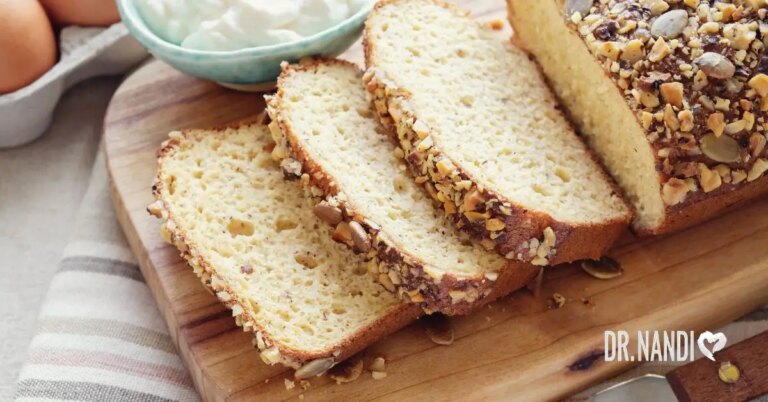There’s so much evidence on the benefits of following a whole-food plant-based (WFPB) diet—for both our health and the environment—that it’s becoming more widely accepted and popular every day. In fact, a recent marketing survey reported that an astounding 70 percent of the world’s population is trying to reduce or eliminate meat consumption.
After four decades of eating a WFPB diet—and three decades advising my patients to do the same—I have some insight into how to take a plant-based diet and make it even better. I tell my patients that they need to be smart about their nutrition instead of relying on packaged and junk-food plant-based options, which are guaranteed to leave you missing out on key nutrients. Here are some lessons I’ve learned over the years that will help make your WFPB diet even more successful:
4 Healthy Plant-Based Diet Tips
1. Add supplements.
A WFPB diet free of animal products is a great choice in 2017, but we need to acknowledge that there are no examples of past cultures practicing the same pattern. Therefore, smart supplementation is an important part of any plant-based diet—and a small price to pay for the huge benefits of a WFPB plate.
Based on research performed by Dr. Michael Gregers, I recommend several supplements for all people following a WFPB diet. One is vitamin B12, which is reasonably priced and widely available and in the form methylcobalamin. Second, I recommend vitamin D3—now available in plant-based versions—at a dose of 2,000 IU per day, unless regular summer sun exposure is guaranteed. Algal-based omega-3, as 250 to 500 mg daily of EPA and DHA, is also great to add to any plant-based diet. And finally, iodine can be obtained from seaweed or iodized salt, but if you don’t use these items, 150 mcg daily in a supplement is recommended.
2. Emphasize organic.
The organic food sector is growing rapidly but still accounts for only about 10 percent of food purchases. I tell my patients that whenever faced with the choice of eating conventional produce or none, eat the conventionally grown fruits and vegetables. Countless studies demonstrate the health benefits of eating up to 10 servings of produce a day, and they far outweigh the risks of the pesticides often found on the produce. However, when faced with the choice of conventional or organic components of a WFPB diet, new data favor the organic selection. In a rather shocking headline declaring that “13 million IQ points” are lost yearly from pesticide exposure, a new report from the EU has gained media attention recently. The focus of the report was to understand the impact of exposure to pesticides eaten in foods by pregnant women and the subsequent risk of developmental issues.
3. Incorporate fasting days.
Why would you incorporate fasting days into a WFPB diet already comprised of far healthier options than the standard American diet? Well, you can take your already-healthy diet to an even higher level with the ample medical evidence suggesting that fasting has many benefits. The reality is that not everyone achieves ideal body weight or control of inflammation from a WFPB diet, and overeating may be part of it. Eating large amounts of food—even WFPB selections—rapidly or late at night may cause you to pack on the pounds.
In my clinic I use a fasting mimicking plan developed at the University of Southern California by Dr. Valter Longo. Years of research on fasting has shown its ability to reduce weight, visceral fat, inflammation, and markers of cardiovascular disease. I recently completed my fourth monthly cycle of this addition to my WFPB diet and have been delighted with the energy, the sleep, and the weight loss of more than 15 pounds that I’ve been able to keep off effortlessly.
4. Avoid inflammatory oils.
Let me clarify something. All foods have some calories from fat, and there is no such thing as a fat-free WFPB diet. Any diet based on fruits, vegetables, legumes, and whole grains will contain fat. If nuts, olives, and avocados are avoided, the overall calories from fat may be in the range of 10 percent while diets with those whole foods may reach 30 to 40 percent—and both approaches have evidence for healthy outcomes in the general public.
But as I’ve discussed, avocados and olive oil are very different from the processed oils—no matter what kind—that are added to many WFPB diets. All processed oils have extracted only the fat calories from the original source, leaving behind many nutrients and all the fiber, providing the highest concentration of calories possible. There is concerning data that olive oil may temporarily reduce artery function, and it has been proposed that the Mediterranean diet is healthy despite the oils—not because of them. A healthy plant-based diet plan does not view oils as the healthiest component of meal planning and strives to prepare foods that are low or free of added oils of any kind.
I encourage all my patients to eliminate—or at least reduce—their intake of animal products in honor of their health, the environment, and animal rights. The first vegan society was founded just over 70 years ago, and improvements in adopting a WFPB diet should be anticipated as we learn more about the benefits. This plant-based 2.0 approach can help you reach your health goals faster and more fully.

Originally posted on www.mindbodygreen.com
Joel K. Kahn, M.D.

Dr. Kahn has launched a campaign to prevent 1 million heart attacks through healthy living. He is the founder of the Kahn Center for Cardiac Longevity. He is a graduate Summa Cum Laude of the University of Michigan School of Medicine and is a Professor of Medicine. His books, The Whole Heart Solution and Dead Execs Don’t Get Bonuses, both #1 bestsellers, are available for sale now.
You can learn more about Dr. Kahn at MindBodyGreen and DrJoelKahn.com, Www.kahnlongevitycenter.com, Office 248-731-7412
Professor of Medicine
Author, The Whole Heart Solution
Mindbodygreen
Huffington Post
Yahoo Health Advisory Board
http://bit.ly/veganthis
http://0s4.com/r/HEART
Connect with Dr. Kahn on:
Facebook
Twitter
Pinterest
Instagram
YouTube
If you enjoyed this blog and would like to see more. Please subscribe to Dr. Nandi’s Health Hero Community & Newsletter by clicking HERE.












 Subscribe to Ask Dr. Nandi YouTube Channel
Subscribe to Ask Dr. Nandi YouTube Channel









